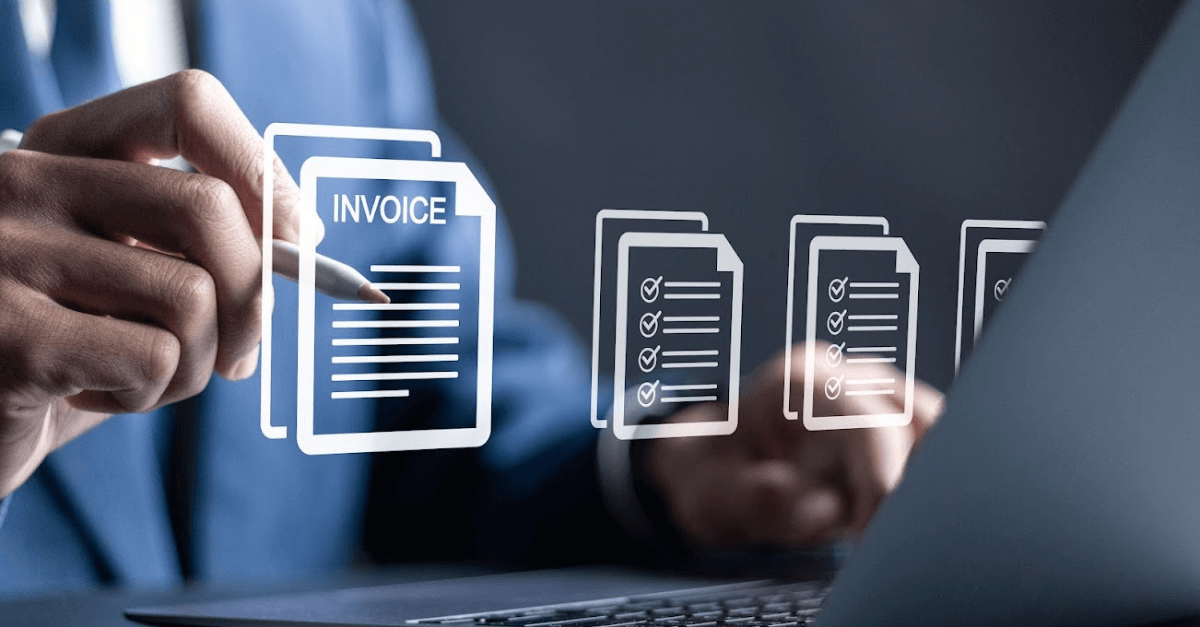The revolution of electronic invoicing: Unveiling Peppol's vital role
Electronic invoicing, or e-invoicing, is a groundbreaking development that helps companies streamline and modernize their financial processes. In this third blog of our Peppol series, we dive into the world of e-invoicing and introduce the important role of Peppol.

In the digital age we live in, business processes are constantly evolving. Electronic invoicing, or e-invoicing, is a groundbreaking development that helps companies streamline and modernize their financial processes. In this third blog of our Peppol series, we dive into the world of e-invoicing and introduce the important role of Peppol.
What is electronic invoicing?
An electronic invoice, often referred to as an "e-invoice," is an invoice that is created, transmitted, and received in a digital format. Unlike traditional PDF documents, an e-invoice employs structured data based on the Universal Business Language (UBL). This structured data consists of fields that can be automatically recognized and processed by banking and accounting software, allowing for effortless automation of invoice handling. This automation significantly lessens the administrative workload for accountants and contractors.
Compliance in electronic invoices
To be compliant, an electronic invoice must adhere to the latest iteration of the European standard for electronic invoicing. This standard defines the structure of data within an e-invoice and conforms to the formatting guidelines outlined in the latest publication by the European Commission. Compliance ensures the seamless flow of digital invoices within the European landscape.
The role of Peppol
Peppol emerges as a central figure in this e-invoicing revolution. It serves as a network designed to facilitate the effortless exchange of various electronic commercial documents, with a primary focus on invoices, across diverse entities, including businesses and government agencies.
The significance of Peppol transcends mere technical innovation. It signifies a pivotal shift in modern finance management, where manual data entry, intricate verification processes, and fragmented systems are making way for a streamlined, automated, and seamlessly integrated invoicing workflow.
In the realm of electronic invoicing, Peppol has emerged as a beacon of change, ushering in a new dawn of efficiency, accuracy, and global collaboration. Its standardized approach transforms the mundane into the extraordinary, setting the stage for businesses to thrive in the digital age.
The link between electronic invoices and Peppol
Across many European nations and beyond, electronic invoices and Peppol share a symbiotic relationship. Several countries, for example Belgium, Luxembourg and the Netherlands, have chosen Peppol as their primary platform for managing B2B electronic invoice exchanges.
These countries have either adopted Peppol exclusively or as their initial preference for handling electronic invoices. Some even impose legal obligations on companies supplying public administrations, mandating the use of electronic invoices, often via the Peppol network.
Belgium is poised to introduce a mandatory e-invoicing requirement in the B2B sector starting 2026, leveraging the Peppol network, further propelling its adoption among businesses.
In essence, the synergy between electronic invoices and Peppol not only streamlines operations but also fosters a harmonious transition toward a more efficient and digital future of financial transactions.
Ready to revolutionize your invoicing process?
Contact us now to explore how we can assist your company in smoothly transitioning to electronic invoicing and harnessing the power of Peppol for a more efficient and digital financial future! Unifiedpost Group offers a Peppol Access Point in numerous countries worldwide, facilitating businesses such as yours to seamlessly join the Peppol network.
Tell us your business needs, and we’ll find the perfect solution
Get in touch

